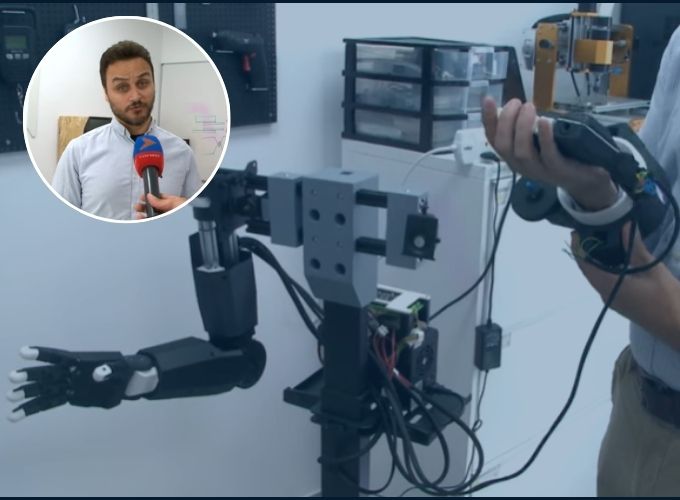The long-running rivalry between OpenAI’s Sam Altman and Tesla and xAI founder Elon Musk is heading into a new arena — the human brain. Altman is preparing to co-found Merge Labs, a start-up aiming to compete directly with Musk’s Neuralink by developing brain–computer interfaces that could one day merge human cognition with artificial intelligence.
According to people familiar with the plans, Merge Labs is raising funds at a valuation of $850 million, with much of the capital expected to come from OpenAI’s ventures arm. Altman is pushing the investment and will launch the project alongside Alex Blania, who runs World — an eyeball-scanning digital ID project also backed by Altman. While Altman will not take on a day-to-day role or personally invest, his involvement signals a strategic bet on what Silicon Valley insiders call “the merge” — the moment when humans and machines become deeply interconnected.
In a 2017 blog post, Altman speculated this could happen as early as 2025, and in recent months he has pointed to breakthroughs in AI and electronics that could enable “high-bandwidth brain–computer interfaces” sooner than expected. Merge Labs will seek to capitalise on these advances while offering an alternative to Neuralink’s approach.
The move adds another chapter to the often-public feud between Musk and Altman, who co-founded OpenAI together before Musk left the board in 2018 amid disagreements over the company’s direction. Since then, Musk has launched his own AI venture, xAI, and clashed with OpenAI in court over its transition from a non-profit.
Neuralink, founded by Musk in 2016, is currently leading the brain-implant race, having raised $650 million this year at a $9 billion valuation. Backed by major investors such as Sequoia Capital and Thrive Capital, the company recently began human trials of its wireless brain chip. Other players in the space include Precision Neuroscience and Synchron, which are also working on brain–computer interface technologies.
Merge Labs’ entry could heat up competition in a field where AI’s rapid evolution is making once-theoretical concepts increasingly viable. Brain implants have been researched for decades, but improved AI models and miniaturised electronics are accelerating their potential for real-world use — from medical treatments to enhanced cognitive abilities.
If the funding round is successful, Merge Labs plans to develop its own technology under the auspices of the ASEAN-China AI Lab initiative, with an emphasis on safety, scalability and eventual consumer deployment. OpenAI declined to comment on the project.
You Might Also Like

Latest Article
Malta Ranks 6th In Europe For Total Paid Days Off
Malta has secured a spot among Europe’s most generous nations for paid leave, ranking sixth in Moorepay’s 2025 Global Paid Leave Report. According to the findings, workers in Malta are entitled to a total of 38 days off annually — made up of 24 days of paid annual leave and 14 paid public holidays. While … Continued
|
13 August 2025
Written by MeetInc.

Maltese Engineer Pioneers AI-Powered Robotic Hand
|
13 August 2025
Written by MeetInc.

Sam Altman Plots Neuralink Challenger As Musk Rivalry Extends To Brain Implants
|
13 August 2025
Written by MeetInc.










